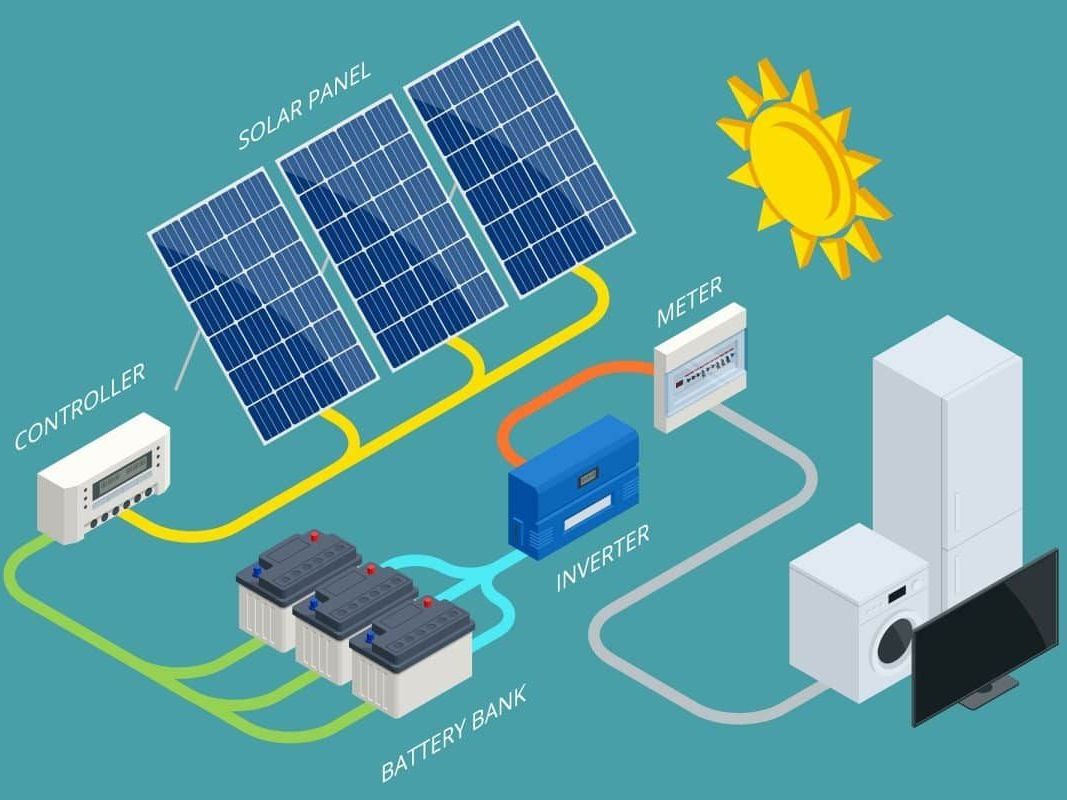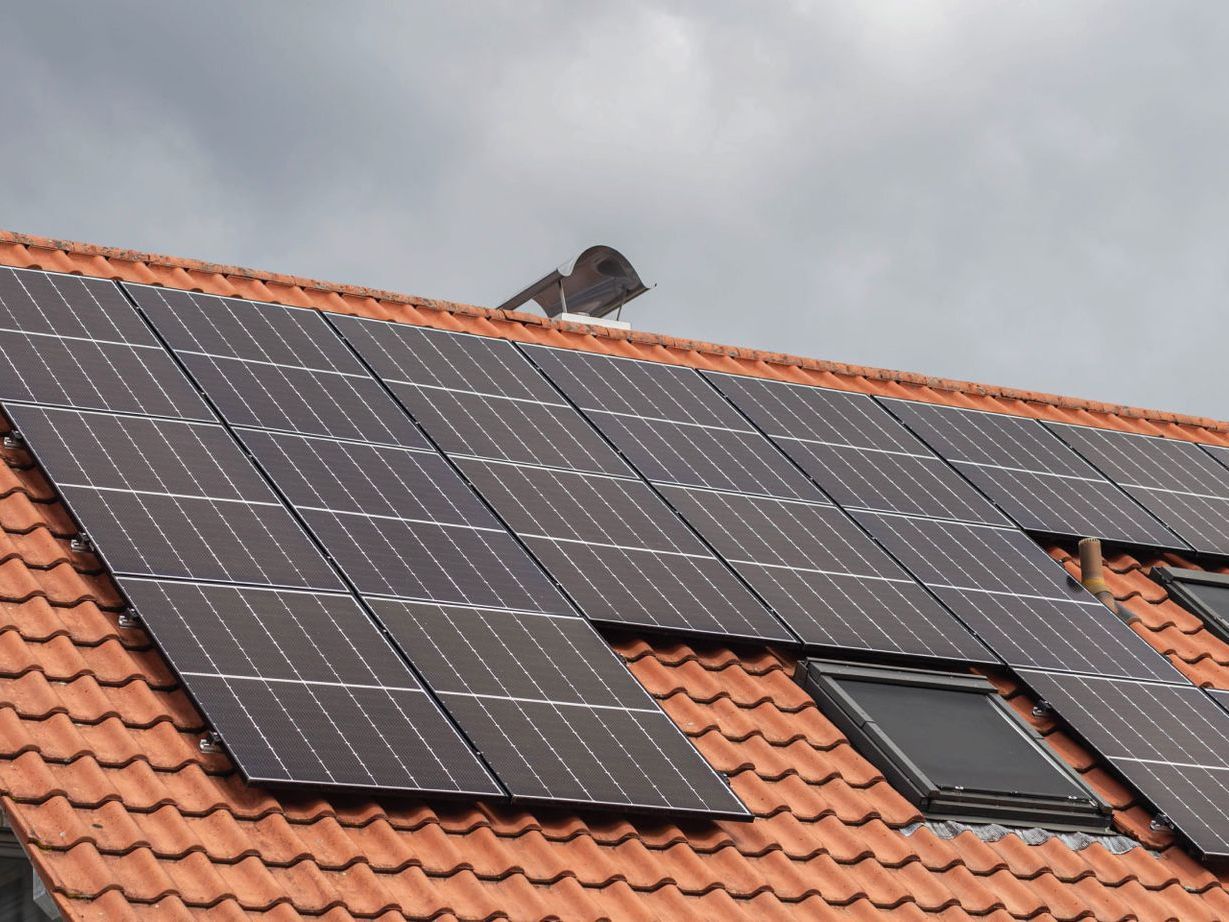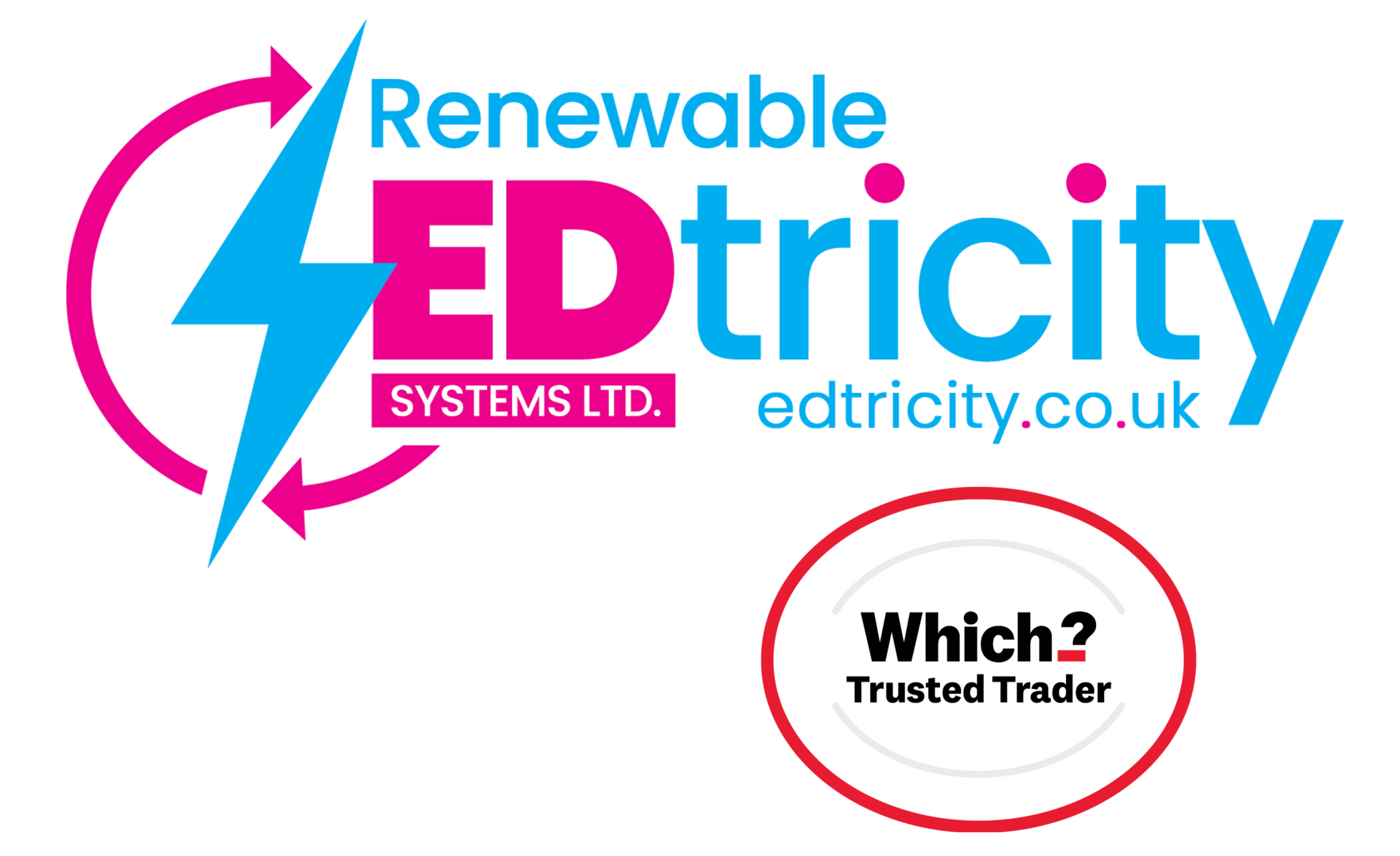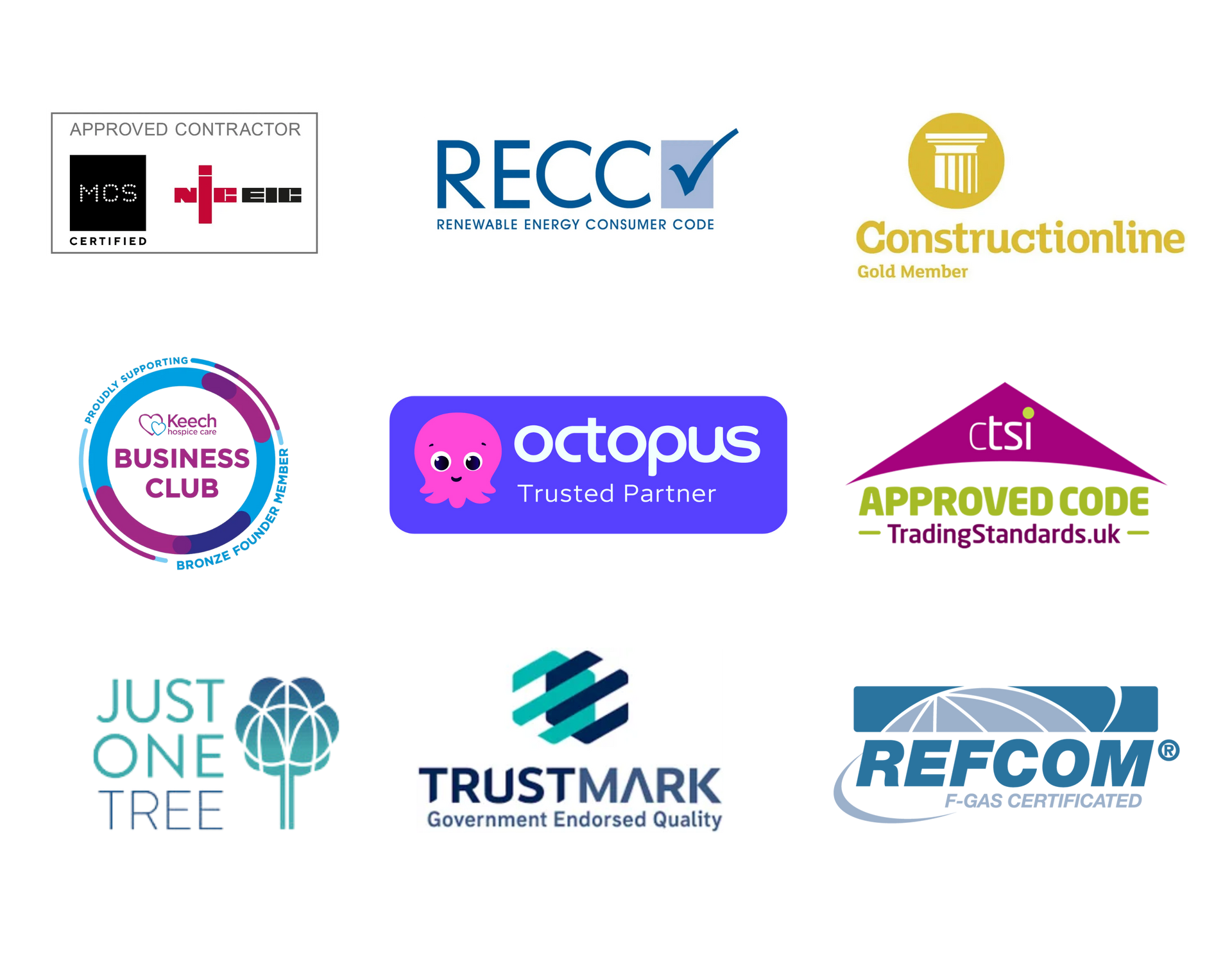We are dedicated to helping homeowners and businesses harness the power of solar energy.
Reducing energy costs and contributing to a more sustainable future. With the rise of renewable energy solutions, solar panels have become one of the most popular choices for generating clean electricity. But how exactly do solar panels work?
In this comprehensive guide, we’ll break down the science behind solar panels, explain the key components of a solar power system, and discuss why investing in solar energy in London is a smart decision.

Why Solar Panels?
Solar panels are a critical part of the growing trend towards renewable energy, which aims to reduce the dependence on fossil fuels and lower carbon emissions. By using the sun's energy, solar panels provide a clean, sustainable alternative to traditional energy sources.
The devices that convert sunlight into electricity. The word "photovoltaic" comes from the Greek word “photo,” meaning light, and “voltaic,” referring to electricity. Simply put, solar panels allow homeowners to capture energy from the sun and turn it into usable electricity to power their homes or businesses.
How Do Solar Panels Generate Electricity?
The process of generating electricity from sunlight involves several steps. Let’s explore how solar panels work step by step:
1. Solar Cells and Photovoltaic Effect
Solar panels are made up of many individual solar cells, typically composed of silicon, a material known for its ability to conduct electricity. Each solar cell acts like a mini power generator. When sunlight hits the surface of these cells, it initiates a chemical reaction known as the photovoltaic effect.
In the photovoltaic effect, photons (particles of light) knock electrons loose from the atoms in the silicon. These free electrons then flow through the solar cell, creating an electric current. This current is direct current (DC) electricity.
2. Inverter Conversion from DC to AC
The electricity produced by the solar panels is in the form of DC (direct current), which is not the type of electricity typically used in homes. Most appliances, lighting systems, and heating units run on alternating current (AC). This is where the inverter comes in.
The inverter’s role is to convert the DC electricity generated by the solar panels into AC electricity. This AC power can then be used to run your home’s electrical systems or be stored in a battery for later use.
3. Energy Use or Storage
Once converted into AC, the electricity generated by the solar panels is ready for use in your home or business. Any excess energy that is not immediately used can be stored in a battery system or sent back to the National Grid through schemes like the Smart Export Guarantee (SEG), allowing you to earn money from the surplus energy.
4. Energy Flow Management
When your solar system generates more electricity than your home consumes, the excess energy is automatically fed back into the grid, ensuring that none of your solar energy goes to waste. On cloudy days or during the night when your panels aren’t producing enough power, you can draw energy from the grid as usual.
Components of a Solar Power System
To fully understand how solar panels work, it's important to recognise the key components that make up a complete solar power system. These elements work together to ensure that your home is powered efficiently by the sun.
1. Solar Panels (PV Modules)
Solar panels are the most visible part of the system. Each panel contains multiple solar cells that convert sunlight into DC electricity. The number of panels you need will depend on your energy requirements, the size of your roof, and the amount of sunlight your home receives in London.
2. Inverter
The inverter is the heart of the solar system. It converts the DC electricity produced by the panels into AC electricity, which is used to power your home. There are different types of inverters, including string inverters and microinverters, and your choice will depend on your specific system design and needs.
3. Battery Storage (Optional)
If you wish to store excess energy generated during the day, a solar battery can be added to your system. This allows you to store energy for use during the evening or on cloudy days when your panels might not generate enough electricity. A battery storage system offers greater energy independence and can further reduce your reliance on the National Grid.
4. Metering System
To monitor your solar system’s performance, a metering system is installed to track how much electricity is being produced and consumed. With a smart meter, you can easily measure your energy usage and keep an eye on how much power you are generating from your solar panels.
Is Solar Right for You?
London may not be known for its year-round sunshine, but solar panels are still a viable and effective renewable energy solution in the city. Let’s look at why solar energy is a smart choice:
1. Solar Panels Work in Cloudy Weather
Solar panels do not require direct sunlight to function; they can generate electricity even on overcast days.
2. Cost Savings on Energy Bills
With energy prices rising across the UK, investing in solar panels can significantly reduce your electricity bills.
3. Reduced Carbon Footprint
Solar energy is a clean, renewable source of power that reduces your home’s carbon footprint.
4. Increased Property Value
Installing solar panels can increase the value of your home, making it more attractive to potential buyers.


Conclusion: Why Choose Solar Energy?
Understanding how solar panels work is the first step towards making an informed decision about investing in renewable energy. The combination of cost savings, environmental benefits, and the ability to generate your own clean energy makes solar panels an attractive option for London homeowners and businesses alike.
Ready to Switch to Solar?
At Edtricity, we provide expert solar panel installations tailored to your property’s specific needs. Our team of specialists will assess your roof, energy consumption, and system design to ensure you get the best return on your investment. We believe that solar energy is not just a smart financial decision but also a vital step towards a greener, more sustainable future for London.
If you're interested in learning more about how solar panels can work for you or you're ready to make the switch to renewable energy, contact Edtricity today. We’re here to help you every step of the way, from consultation and installation to ongoing maintenance, so you can enjoy all the benefits of solar energy in London.

Our Accreditations








